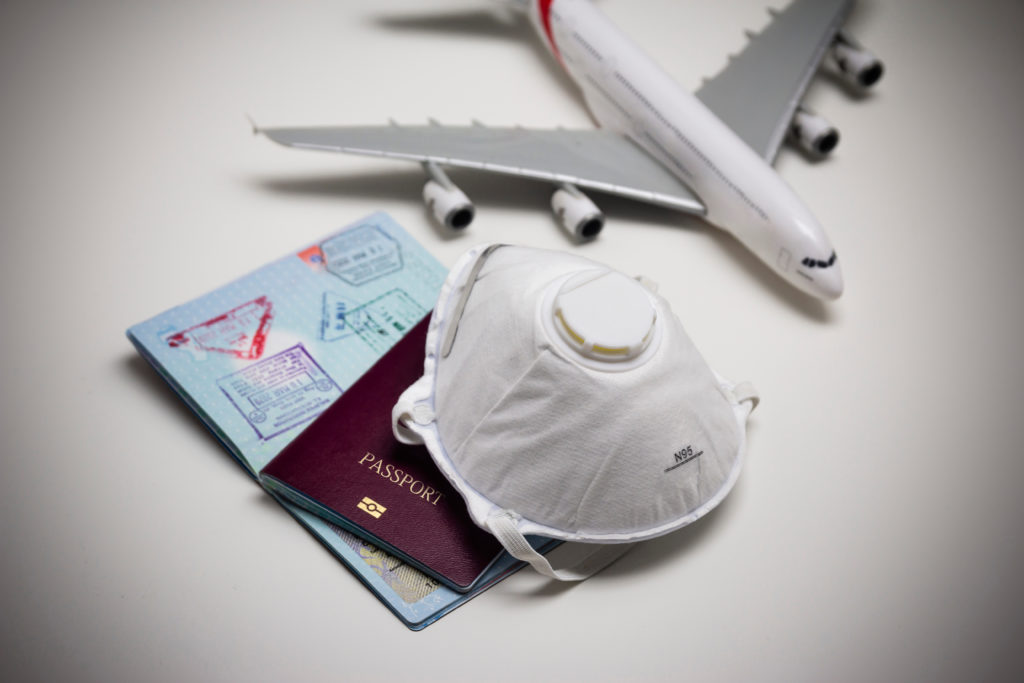Are you planning to travel to Europe from the US in the coming weeks? The good news is that vaccinated American visitors can now enter most EU countries. Covid travel requirements continue to relax globally. However, the new Omicron variant has added to the unprecedented situation.
Each European nation sets its Covid travel requirements for tourists. The most important consideration is researching local rules to ensure your travels are safe. Here are three things to consider if traveling to Europe during Covid:
Which Countries Can You Visit?
Despite a recommendation from the European Union, not all its member states have completely lifted strict Covid travel requirements for tourism. Countries including Norway and Luxembourg have reinstated tight travel bans for all US citizens, even those who are vaccinated.
Countries US travelers can visit include: Belgium, Bulgaria, Croatia, Cyprus, The Czech Republic, Estonia, Finland, France, Germany, Greece, Hungary, Iceland, Ireland, Luxembourg, Malta, the Netherlands, Portugal, Spain, and Sweden.
But, you may be subject to vaccination rules. Most EU countries have adopted the 3G guidelines: vaccinated, recovered, or tested for entry. But, if you are unvaccinated, you may be subject to quarantine.
Stay Updated
According to the USA Department of State Travel Advisories, most European countries are currently at a Level 4 risk. This means you should avoid traveling to the EU unless necessary. Furthermore, the U.S. is also at high risk for Covid transmission, further restricting tourism and permitting only residents to return. As part of your planning, check for updates on local travel authorities and advisory websites since Covid conditions can change rapidly!

PCR Test, Vaccination and Quarantine Requirements in Europe
European Governments have introduced a Digital Covid Certificate. It’s required for travelers passing through the EU. The European Medicines Agency only approves those passengers who have had Nuvaxovid, Pfizer/ BioNTech, Moderna, AstraZeneca, or Johnson & Johnson.
Only a handful of member states recognizes the WHO emergency vaccinations, including Sinovac, Sinopharm, and CovoVax. Some countries accept mixed vaccine doses; however, each has its Covid travel requirements. So be sure to check with local travel authorities to ensure your vaccination is accepted in your port of entry.
All vaccinated travelers from the USA must have a valid proof of vaccination. This varies with some countries as they require self-isolation and PCR tests no more than 72 hours before arrival.
Furthermore, passengers must wait for at least 7 to 14 days after being vaccinated to fly to Romania or Finland. Depending on your destination, you also have to register yourself or fill out a Passenger Locator Form for local authorities. Quarantine may also be possible until your Covid test results arrive at your destination.
But, What If You’re Unvaccinated?
American travelers that are unvaccinated can travel in most of Europe. However, countries like France, Estonia, and Germany have upheld a non-essential travel ban on those ho are not yet vaccinated. Unvaccinated individuals should prepare for quarantine and further PCR tests as they classify as high-risk. The only exception to these rules is if you are a resident of the EU or eligible for essential travel.

Returning to the U.S.A.
All travelers boarding a flight to America must have a compulsory negative Covid test no more than 24 hours before travel. If you are vaccinated, quarantine is not compulsory when you return. However, the CDC recommends quarantining for at least a week after travel before getting tested again if not vaccinated.
So, are you ready for your next getaway?
As long as you respect local health and safety measures, Europe could be your next destination. Did you know, certain governments in Europe have lifted curfew and movement restrictions for visitors? With all the ease in restriction, don’t let your guard down. Remember to wear a mask and follow SOPs to help stop the spread.
